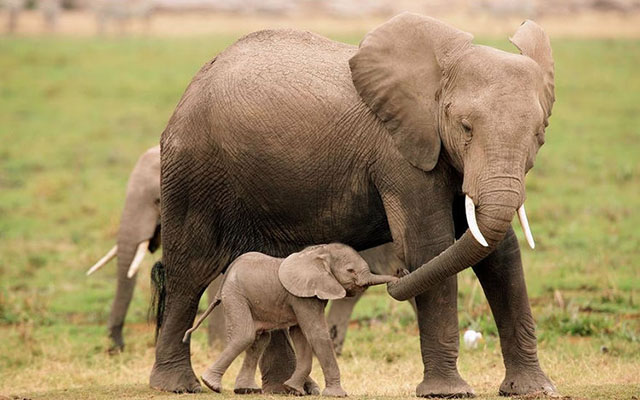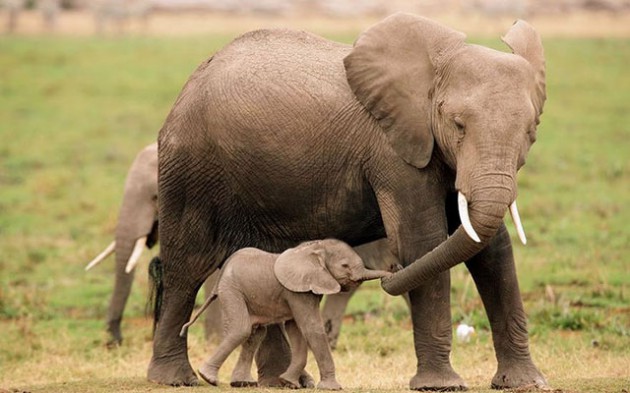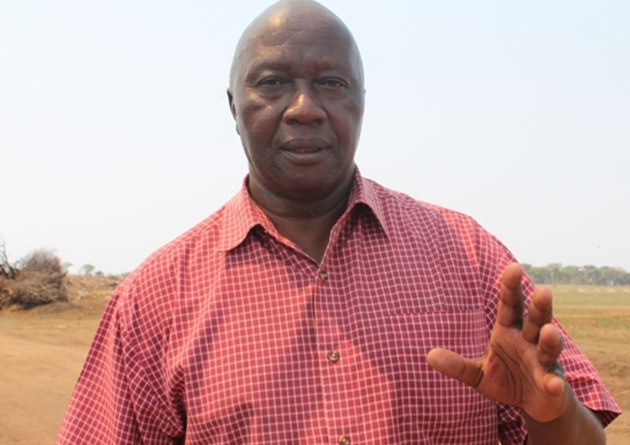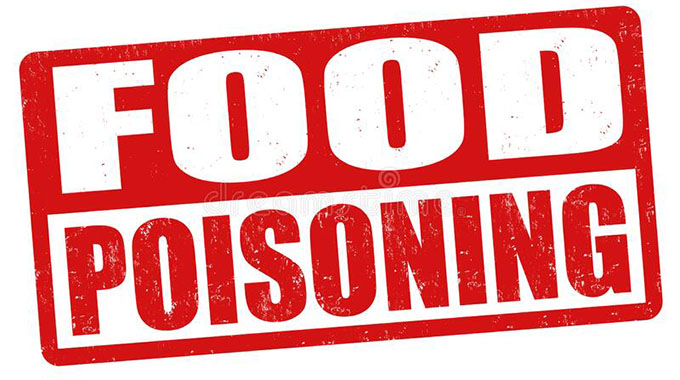Researchers work together on baby jumbo formula


As elephant poaching spreads, creating more orphans, the need to find an effective milk formula is paramount
Harare. – Researchers in Zimbabwe and South Africa have embarked on a quest to unlock the make-up of elephant milk and hopefully come up with a baby “formula” to keep orphan elephants alive.
The difficulties of hand-rearing baby elephants are well-known: close to half die in captivity, many from diarrhoea caused by milk substitutes they’ve been fed up to now.
As elephant poaching spreads, creating more orphans, the need to find an effective milk formula is seen as vital.Getting samples of wild African elephant milk for research purposes would ordinarily be impossible, but a unique opportunity recently arose in Zimbabwe.
At a safari lodge an hour’s drive south-west of Harare, a tame female elephant called Shorty gave birth in 2016. Her handlers have managed to obtain fortnightly samples of her milk over the past year.
“Shorty is an extremely placid elephant and loves her handlers. She didn’t seem to mind the (milk) collection by them,” said Lisa Marabini, the wildlife vet who is directing the Zimbabwean side of the project.
Marabini, who is also director of the Aware Trust, said the project took two years of planning. Earlier this month, a year’s supply of frozen milk samples were shipped to food biochemist and elephant milk expert, Garry Osthoff, at the University of the Free State.
Osthoff told News24 that he and his team aims to study the milk over a full lactation period: two years.“Elephants’ milk is completely different from any other milk that we know,” he told News24 in a phone interview.
“Apart from fats and sugars differing from other species, the milk composition changes over lactation to a much greater extent than that found in other mammals,” he said. “This means that a single surrogate milk formula will not do. At least four different formulas will have to be designed.”
Osthoff says there are close similarities between African and Asian elephant milk, meaning a surrogate milk formula that works in sub-Saharan Africa should help Asian elephants too.
Wildlife vet Marabini said a better milk formula would help at least five orphaned elephant calves per year in Zimbabwe alone, and more in East Africa, where elephant poaching is higher.
But she added: “It is expected that, as poaching spreads, more and more calves in southern Africa may require assistance.”At least 20 000 elephants were poached for their tusks in Africa in 2013, according to international wildlife regulators CITES.
Some in the conservation world believe that figure – or at least something close to it – may well represent elephant losses every year in Africa. – News24.







Comments